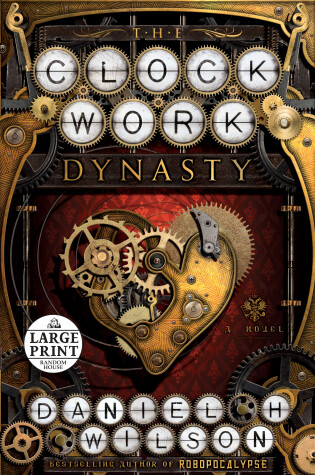Reviewed by sa090 on
───────────────────
There are lots of things that feel lacking with this book, despite they very intriguing premise. Firstly, If I’m not mistaken, isn’t the purpose of having robots (as glorified as they might be) in the story is to have an existence different than humans? Then why, pray tell, are the lines so blurred between one existence and the other than it might as well have been a single existence? The way the story is being told with this aspect being a very prominent thing makes it pointless and honestly, a waste of time. June is the human in this story, but Elena and Peter are portrayed with a more human structure than she was. I know that because having a ton of dull robots would’ve made this boring, but with the explanations provided, it’s the only way that so far makes the most sense to me.
The world building in this series is what makes the first issue a very glaring problem in this book, in my humble opinion of course. The book is told in two different point of views, Peter’s in the past and June’s in the present and in both povs, there isn’t enough information about their mechanical existence to actually fathom the amount of human like features they’re “supposed” to have. Looking like humans shouldn’t be difficult, but to have so many feelings that it’s literally difficult to tell which is which is a cop out with the way Daniel H. Wilson wrote this story. You can’t have such an interesting concept and give it such a vague explanation, as if a reader’s speculation is supposed to fill in the gaps. Immerse me in your world, author, it’s what made Harry Potter the big hit it was, is and will always be. I mean I do get that leaving some bits of to speculation is an interesting take on story telling but shouldn’t the fundamentals of the world be laid out first? I believe they should be.
Speaking of characters and povs, the book is being told through two of them, the past and the present, but it doesn’t do much to make either character interesting enough for me to care all that much. Elena is probably the only one that intrigued me of them, but even then the book is lacking with how the characters are built. These robots are governed by a certain unique rule, however, both Elena and Peter behave in a way that provides nothing but contradictions to their set rule. I get that Daniel H. Wilson tries to show me this as if they’re “finding their purpose” which works in a way for Peter given his rule but for Elena it just doesn’t make sense with what her rule is. It’s a very interesting concept to see, don’t get me wrong and I wish that there were a lot more examples than this, but in the end, even with the few ones we have it’s not as great as it’s implied with the vagueness.
June is also not that amazing either, her lack of development is one thing but her lack of proper characterization is another. She’s a plot device, seriously, just there to get the story moving in modern times and personally I don’t hate inserts like this, but I wish for more to it than just what feels like a husk of a character. Maybe if she was taken out completely, the second POV given to Elena and I followed their lives from the minutes they existed till we finished the story it might’ve been much much better in getting me to know the characters more and above all learn all the wonderful secrets this book surely has in store about their race.
I make it sound like it’s a complete atrocity of a book, but that’s not entirely true. There are an abundance of fight scenes in this book that showcase the abilities of these robots which I believe was really interesting to see. The very basics given to me about the world leaves me wanting to learn more which is already a checked box in the entertainment department and the switching povs weren’t confusing in the slightest. The writing flows very well from past to present that it’s very easy for me to follow all the events Daniel H. Wilson wants to discuss through his characters. Despite the glaring flaws there are enough things to interest in this book, but to bring it all together is unfortunately something that never happened for me.
Final rating: 2/5
Reading updates
- Started reading
- 31 December, 2017: Finished reading
- 31 December, 2017: Reviewed
